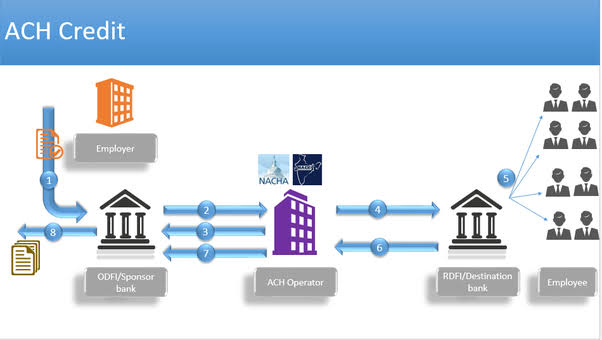Differece between Mutual funds and Fixed deposits - Banking info
What is a fixed deposit?
You invest money in a fixed deposit with a bank. The money you invest called the principal is very safe. (You will not lose this money). You also earn interest on your money. The interest paid to you is compounded quarterly.Fixed Deposits are bank deposits for a fixed or specified period chosen by investor or depositor at a fixed rate of interest. You can deposit money for as short a period as 7 days and up to 10 years. When you open a fixed deposit with the bank then you are lending money to the bank and it pays you interest. As interest rate and time period are fixed this investment product is called as Fixed Deposit. Deposit up to Rs 1 lakh in any bank is protected under the Deposit Insurance & Credit Guarantee Scheme of India
Each bank or financial institution that is offering fixed deposits fixes its own deposit rates. Interest rates are subject to change from time to time. The intrest of FD varies based on the time period, the amount which is deposited. Most of the banks offer higher interest rate(0.5% more) to Senior Citizens.
What is a mutual fund?
A mutual fund in India collects and pools your and other investor’s money. This money is invested in stocks if you choose an equity mutual fund. It is invested in government bonds, corporate bonds, and money market instruments if you choose debt funds. Your money is invested in a mix of equity and debt if you choose hybrid funds.Your total investment in the mutual fund, either in stocks, bonds or a mix of both, is divided into units. You are given units of the mutual fund, depending on the cash you invest. The NAV (Net Asset Value), gives you the value of the mutual fund. Your mutual fund is managed by a fund manager. The fund manager decides which stocks, bonds or assets, your money must be invested in, depending on the type of mutual fund you choose.
How to invest in mutual funds?
You can either invest directly with a mutual fund or hire the services of a mutual fund advisor. If you are investing directly, you will invest in the direct plan of a mutual fund scheme. If you are investing through an advisor or intermediary, you will invest in the regular plan of the scheme.| Parameters | Mutual Funds | Fixed Deposits |
|---|---|---|
| Rate of Returns | No Assured Returns | Fixed Returns |
| Inflation-Adjusted Returns | Potential for High Inflation-adjusted Returns | Usually Low Inflation-adjusted Returns |
| Risk | Medium to High-Risk | Low Risk |
| Liquidity | High liquidity | Medium to Low Liquidity |
| Premature Withdrawal | Allowed with Exit Load | Allowed with Penalty |
| Cost of Investment | Management Cost | No Cost |
| Tax Status# | Favourable Tax Status | As Per Tax Slab |
| Fixed Deposits | Debt Mutual Fund | Equity Mutual Fund | |
|---|---|---|---|
| Investment Amount | 100,000 | 100,000 | 100,000 |
| Return (% p.a.) | 9.0% | 9.0% | 9.0% |
| Holding Period | 1 Year | 1 Year | 1 Year |
| Fund Value | 109,000 | 109,000 | 109,000 |
| Inflation | 7.5% | 7.5% | 7.5% |
| Indexed Investment Amount | - | 107,500 | - |
| Taxable Income | 9,000 | 1,500 | - |
| Tax Paid (as applicable) | 2,700 | 300 | - |
| Post Tax Returns | 6,300 | 8,700 | 9,000 |
| Post Tax Returns (%) | 6.3% | 8.7% | 9.0% |



Comments
Post a Comment